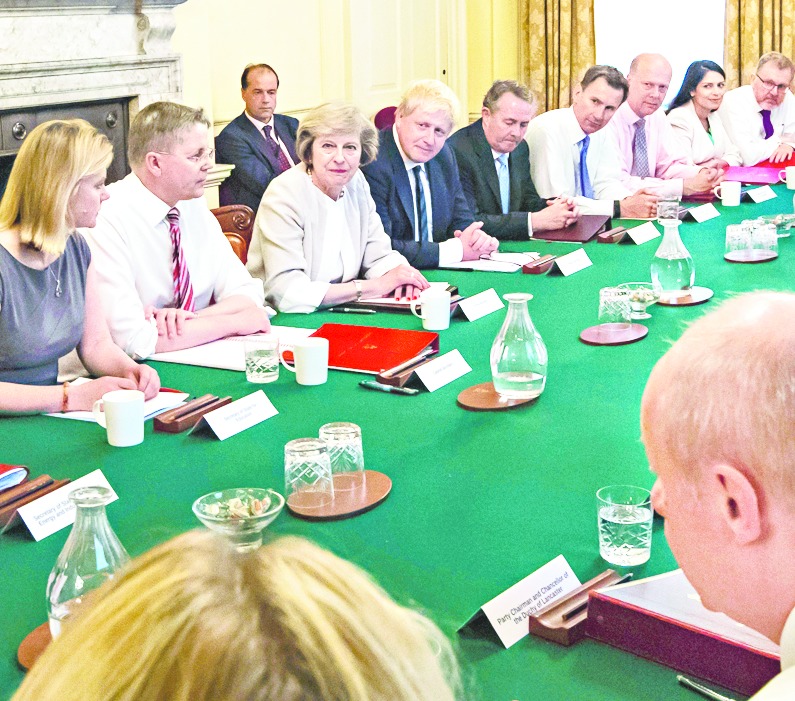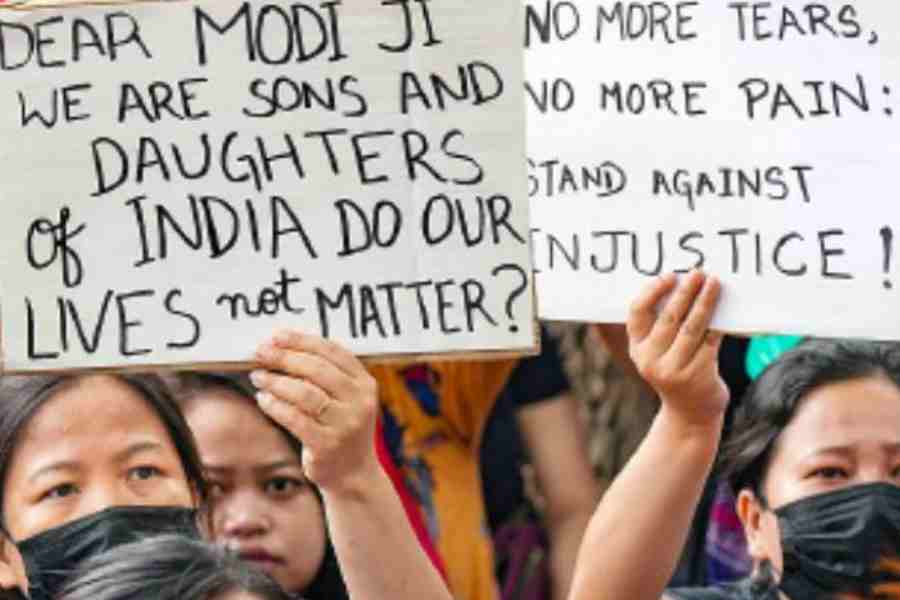
As Rahul Gandhi formally takes over as president of the Indian National Congress today, there is a chorus of voices asking him to "reinvent" himself and the Grand Old Party. He should do neither.
The clamour for "reinvention" is only to be expected. After the not-so-young Gandhi scion filed his nomination papers for the post of party president, Manmohan Singh gushed that Rahul Gandhi was "the darling" of the party. Whether that is true or not, even his most ardent supporters will concede that Rahul has not exactly been the darling of either the media or the rest of the country.
On the contrary, ever since he reluctantly joined politics to fight the Lok Sabha election in 2004, Rahul has been the target of sustained mockery and ridicule. Since his foray into public life coincided with the rise and spread of social media, Rahul was pilloried far more than any other member of the Nehru-Gandhi family.
Given the sangh parivar's visceral hatred towards the Congress and the party's First Family, the assault on Rahul by members of their ranks was par for the course. They were, however, not the only ones to make relentless fun of the new Gandhi on the block. Rahul became everybody's favourite whipping boy and every stand-up comic's delight. He was seen as inept and inarticulate, gauche and gaffe-prone - a reluctant politician forced into the family profession by his mother and wholly unsuited to it.
Yet, the most frustrating thing for the trolls and the critics was that Rahul did not hit back, and neither did he walk away. To be sure, he disappeared from public view from time to time (most notably when he went off on a 57-day 'sabbatical' in 2015) but he always returned to take up from where he left off.
Rahul has certainly matured since he first entered politics nearly 14 years ago. In his early years, he seemed ill at ease among politicians, especially the veterans belonging to his own party. Much like his father who made the famous speech at the Congress centenary celebrations in Bombay in 1985 against the "power brokers" inside the party, Rahul too started out wanting to "revamp" the Youth Congress and the National Students Union of India by encouraging young men and women from non-political backgrounds to enter the organizations through the process of elections.
That experience may have helped him understand the workings of his party and of politics in general. But it was the Congress's ignominious defeat in 2014 that was the best thing to happen to Rahul Gandhi. In the months leading up to 2014 and for several months after that, the ridiculing of Rahul reached new heights - and he cut a sorry figure in contrast to the 56-inch larger-than-life macho and muscular Narendra Modi who dominated all public discourse.
That discourse has been changing of late. Even his detractors see Rahul in a better light these days and he has received a fair measure of appreciation for his robust campaign in Gujarat and his ability to attract a range of allies in the state.
This has led many to believe that Rahul is shedding his "Pappu" avatar and is on his way to becoming a hard-nosed politician. That he eventually will - or certainly should - become more shrewd and savvy, ruthless and pragmatic in order to take on the muscle and might of Messrs Amit Shah and Narendra Modi.
Rahul should resolutely resist such a reinvention of himself. For the truth is that Rahul Gandhi's true strength lies in being himself, and the so-called "Pappu" persona is integral to it. If Pappu denotes a bumbling idiot to many, it also means someone who is simple and sincere, without guile or malice.
Rahul Gandhi is not the best of orators but all his speeches have a mark of sincerity about them. Read closely, they also reveal an understanding of India's uniqueness and a deep empathy for those living on the margins.
In 2013, at a speech at the Confederation of Indian Industries, Rahul Gandhi had said, "China is a dragon. India is called an elephant. But we are not an elephant, we're a beehive."
He was roasted in the social media for that remark and Modi lambasted him for likening "Bharat Mata" to a beehive, failing to understand the richness of that analogy. There was nothing threatening about India, Rahul had meant, and beneath the seeming cacophony and chaos, there was also great harmony, with millions of individuals working, singly and collectively, to create a thriving society.
After being appointed Congress vice-president in 2013, Rahul Gandhi was again attacked for his "power is poison" speech. In that same speech, he also talked about how the Congress seemed an utterly shambolic entity and yet managed to keep itself together.
He went on to say, "That is because Congress is filled with India's DNA. Our opponents fail to understand that. Some parties say we represent a caste, some parties say they represent a religion, but the Congress party says our DNA is that of India's."
At that time, his words to the party faithful sounded hyperbolic. But three years under the Modi regime has shown that the "Congress- mukt Bharat" of the Rashtriya Swayamsevak Sangh's dream means wrecking the foundational principles - pluralism, diversity, secularism, equality, compassion, harmony - of both the Congress party and the Indian republic.
Shrewd practitioners of realpolitik will advise Rahul to re-fashion the Congress party to suit the changing times in India - make it more palatable to the dominant and 'aspirational' middle classes, play soft Hindutva to undercut the Bharatiya Janata Party's appeal, ignore the rights of the minorities, Dalits, adivasis and under-privileged who are being smothered by the sangh parivar's majoritarian embrace.
But just as he should remain himself and not try to emulate the bombast and the bluster of his chief adversary, Rahul should not be tempted to change the basic DNA of the Congress for illusory and temporary electoral gains. Rajiv Gandhi made that mistake in the 1980s - by going against his own instinct to play the so-called 'Hindu' and then the 'Muslim' card and the Congress never quite recovered from that ideological compromise.
Since Congress was synonymous with the Establishment for so many decades, its core values became obscured by the many ills that power tends to attract. 'Congress culture' came to mean corruption, venality, opportunism, and a bag of dirty tricks.
Rahul Gandhi is lucky to take over the party when it is at its lowest ebb. It makes it that much easier for him to rid the Congress of its dross and restore its core values that are the antithesis of the BJP's "One Nation, One People, One Culture" dogma that seeks to obliterate the essential pluralism that underlies India.
Rahul's readiness to form alliances in state after state also shows that he understands that the Congress needs to be more a platform - like it was before Independence - for diverse forces wedded to a common cause. The cause today is to fight back the forces that pit Indian against Indian, dictate what we wear and eat, how we love and pray.
In their zeal to make India "great" again, our current rulers have brought out the worst in us - hubris, hate, bigotry, mutual ill-will. Rahul's challenge is to bring out the good India still harbours deep in its recesses. For that he must stay simple, play straight.










